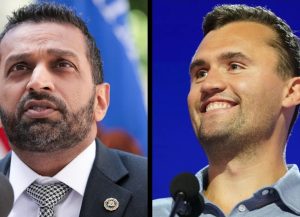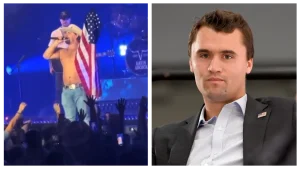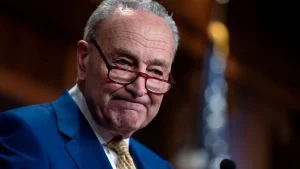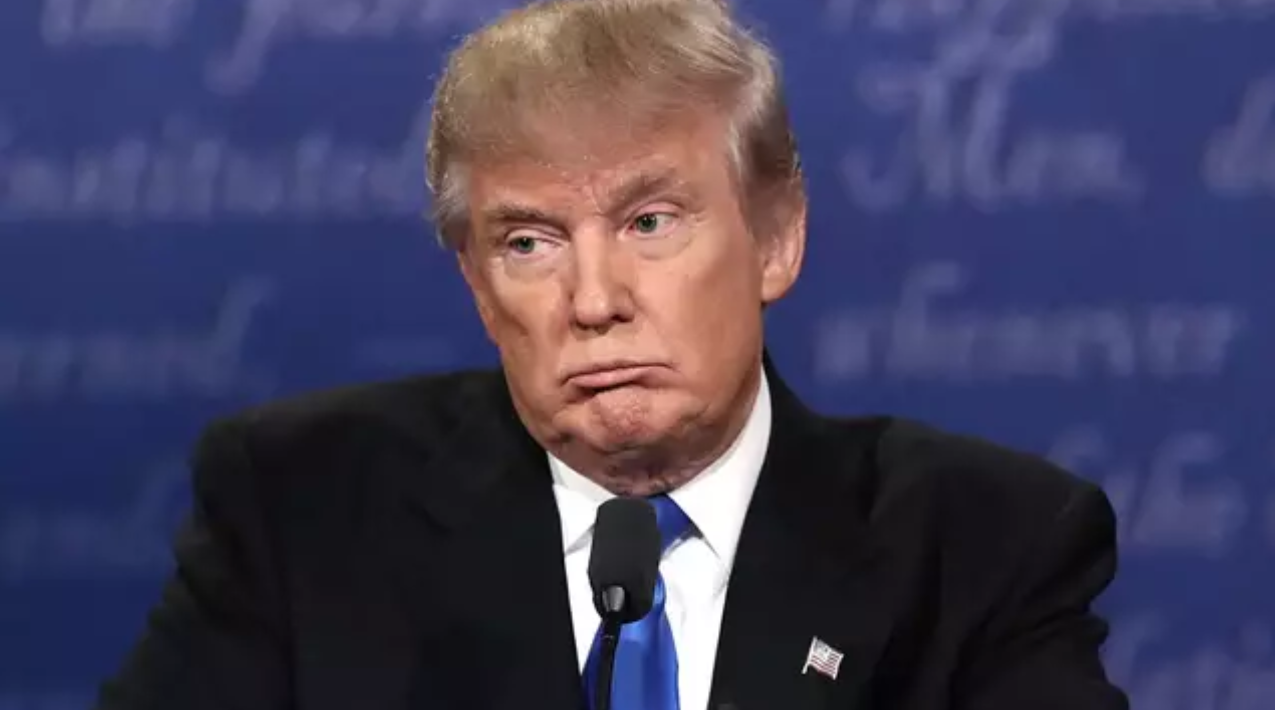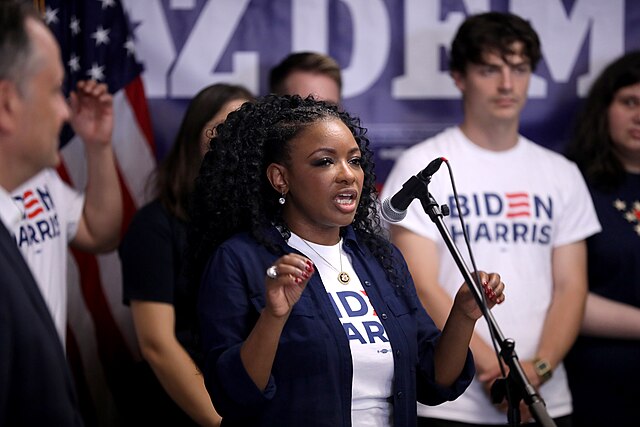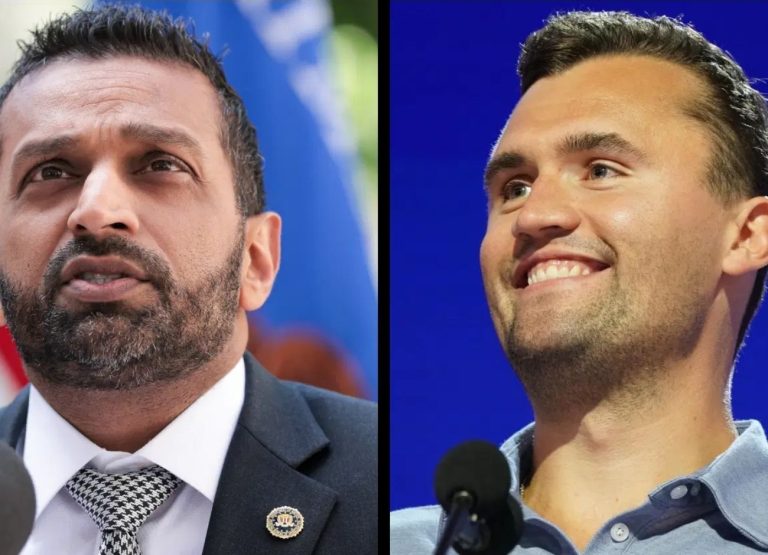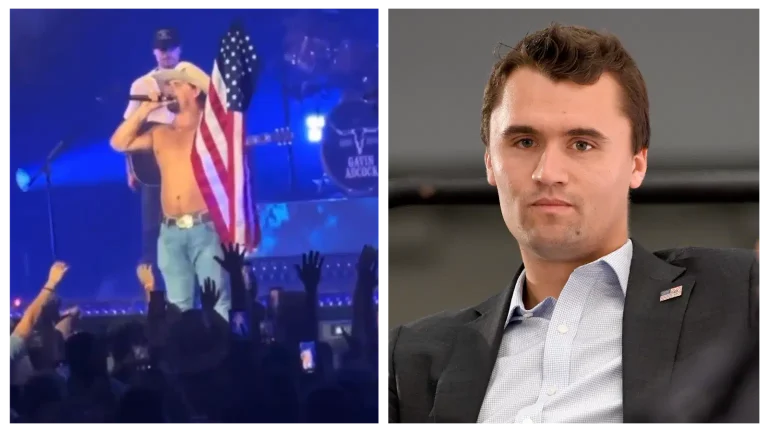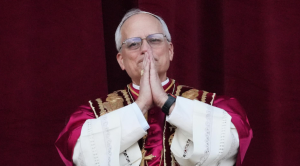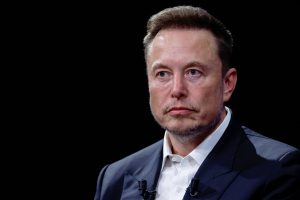Donald Trump has once again found himself at the center of controversy, making two highly questionable and bizarre claims within just 24 hours that have left both critics and supporters alike scratching their heads. In his recent remarks, Trump appeared to take credit for the election of Pope Leo XIV as the head of the Catholic Church and even claimed to have invented the word “equalize.” These outlandish statements have raised more questions than answers, leaving many wondering whether Trump truly believes in the narratives he constructs or if he is simply engaging in political theater to keep his name in the headlines.
The first of Trump’s baffling comments came in response to the election of Cardinal Robert Francis Prevost as Pope Leo XIV, following the death of Pope Francis last month. The news of Pope Leo being the first American pope in history prompted Trump to share his thoughts on social media, where he seemed to take personal credit for the event.
In a statement posted online, Trump congratulated Cardinal Prevost, calling it an “honor” for the United States and expressing his excitement about the election. “Congratulations to Cardinal Robert Francis Prevost, who was just named Pope. It is such an honor to realize that he is the first American Pope. What excitement, and what a great honor for our country,” Trump wrote. His use of the phrase “What a great honor for our country” seemed to imply that the election of an American pope was in some way a reflection of his own political influence.
However, it wasn’t just the content of Trump’s statement that raised eyebrows but his mention of Pope Leo XIV. “I look forward to meeting Pope Leo XIV. It will be a very meaningful moment!” he added. The issue here was that the new pope, Cardinal Prevost, had not yet been officially confirmed or made public remarks at the time of Trump’s post, and it seemed odd that the former president would refer to him as “Pope Leo XIV” without any formal announcement from the Vatican.
Trump’s comment also hinted at a more personal connection to the election of the pope. In a follow-up post shared to his social media platform Truth Social the following day, Trump suggested that his success with Catholic American voters in the presidential election may have played a role in Pope Leo’s selection. “So funny to watch old-timer Martha Raditz [correctly spelled Raddatz] on ABC Fake News (the Slopadopolus show!) this morning, blurt out that, effectively, Pope Leo’s selection had nothing to do with Donald Trump,” Trump wrote, referencing a recent interview with Cardinal Blasé Cupich on ABC’s This Week.
Trump appeared to mock the ABC news anchor and insist that his victory with Catholic voters was, in some way, connected to the papal election. “It came out of nowhere, but it was on her Trump Deranged Mind,” Trump continued. “Remember, I did WIN the Catholic Vote, by a lot!” His insistence that his political influence had a direct impact on the election of a pope left many puzzled, considering the secrecy and traditions that govern the Vatican’s selection process, which is far removed from any influence from political leaders.
But the strangeness did not end there. In another bewildering claim, Trump appeared to take credit for the creation of the word “equalize,” a term that has been in use for centuries. This comment was made during a press conference at the White House on the same day as his social media post about Pope Leo XIV. As Trump signed a new executive order to regulate drug prices, he made a comment about how America would benefit from lower prices while the rest of the world would pay more.
“The rest of the world is going to have to pay a bit more, and America’s going to pay a lot less. Again, because it is a smaller population than when you think of the whole world,” Trump said, before casually adding, “And I invented the word ‘equalize.’”
The word “equalize,” which means to make things equal or to level the playing field, has been part of the English language for centuries and has a long history in various fields, including mathematics, economics, and law. However, Trump’s claim that he invented the word was nothing short of bewildering. It raised a number of questions, including whether the former president truly believed in the authenticity of his statement or if he was simply making an exaggerated remark for dramatic effect.
The remark about inventing the word “equalize” quickly sparked ridicule online, as social media users were quick to point out the obvious inaccuracy of Trump’s claim. Some critics suggested that Trump’s tendency to make grandiose and fantastical claims was part of his larger persona, in which he regularly presents himself as the central figure in every narrative, no matter how far removed from reality.
Trump’s most recent remarks seem to follow a familiar pattern of self-aggrandizing statements, where he seeks to insert himself into major events, both political and global, in ways that many would find absurd. From taking credit for the success of the American economy during his presidency to suggesting that he was responsible for the election of a pope, Trump has continuously positioned himself as an all-encompassing force in shaping the world around him.
What stands out about these latest claims is the complete lack of any basis for them in fact. The election of a pope is a highly intricate and sacred process, governed by centuries of tradition and religious doctrine, making it highly unlikely that Trump’s influence had any role in Cardinal Prevost’s selection. Similarly, the word “equalize” has been a standard part of the English lexicon long before Trump’s tenure in office, and his claim to have invented it is nothing short of baffling.
For many, Trump’s recent statements serve as a reminder of his penchant for outrageous, sometimes comical, claims designed to keep him at the forefront of public attention. Whether his remarks about Pope Leo XIV and the invention of the word “equalize” were meant to stir controversy or were simply offhand comments made without consideration for their factual accuracy, they have certainly left many questioning the former president’s grasp on reality.
While Trump’s supporters may view these claims as part of his bold, take-no-prisoners approach to politics, his critics are left to wonder just how far he will go in stretching the truth to further his own narrative. As always, Trump remains a polarizing figure, one whose every word and action continues to captivate and confuse the public.

